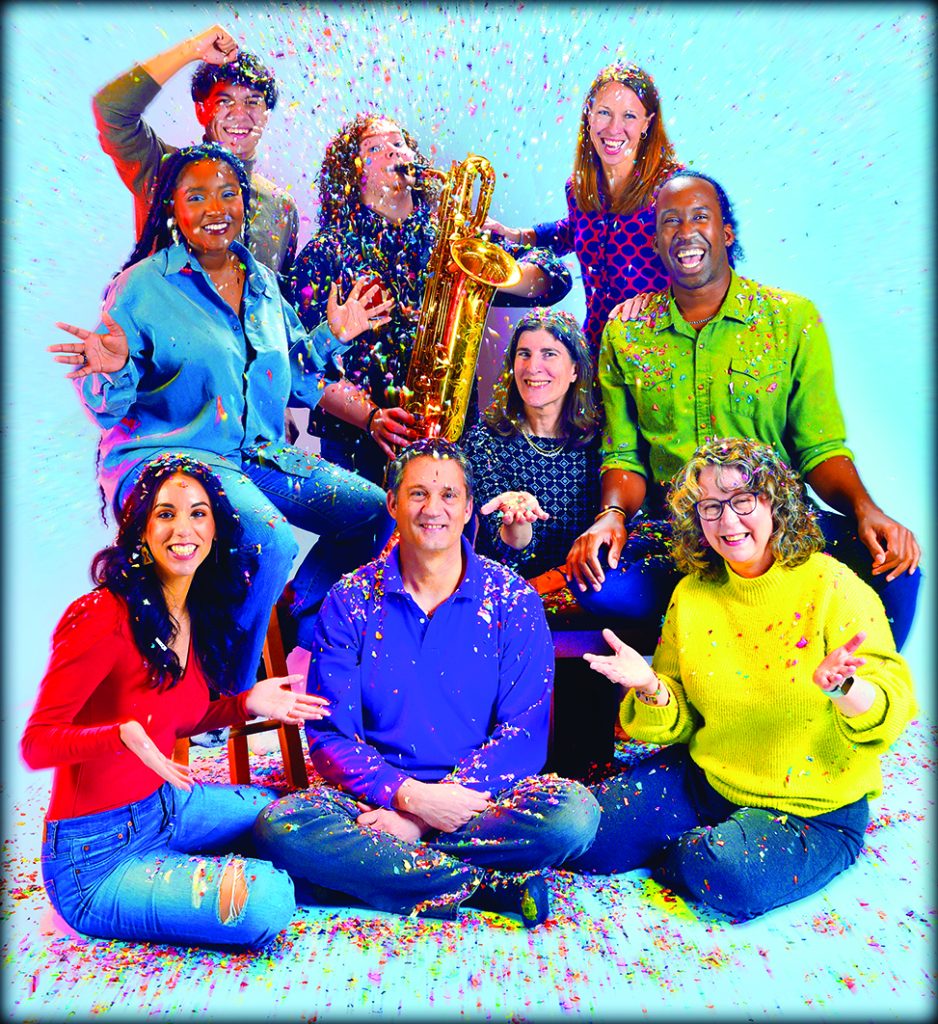
The final spring 2023 magazine cover (photo by Donn Young)
The Campaign for Carolina wrapped up in December having raised $5.1 billion for the University, including over $764 million for the College of Arts and Sciences. Carolina Arts & Sciences magazine sat down with Dean Jim White and Anne Collins, executive director of the Arts and Sciences Foundation, to discuss how this investment will shape the College’s future. Read more stories about how campaign gifts benefit students, faculty and programs by clicking on the links at the end of this Q&A.
Want to take a behind-the-scenes peek at how a magazine cover is envisioned? Check out photos from our magazine cover shoot!
Q: How was the Campaign for Carolina different from the University’s last campaign?
Collins: This campaign was about investing in the people and programs that make the College of Arts and Sciences the heart of the University. The Carolina First campaign included more building projects, from the Physical Science Complex in Chapel Hill to Winston House in London.
White: Investing in our students, both undergraduate and graduate, through scholarships, fellowships and other support. Investing in our faculty through endowed professorships, supporting their research pursuits. Probing the boundaries of human knowledge doesn’t happen without financial support. The ROI on all of this is huge.
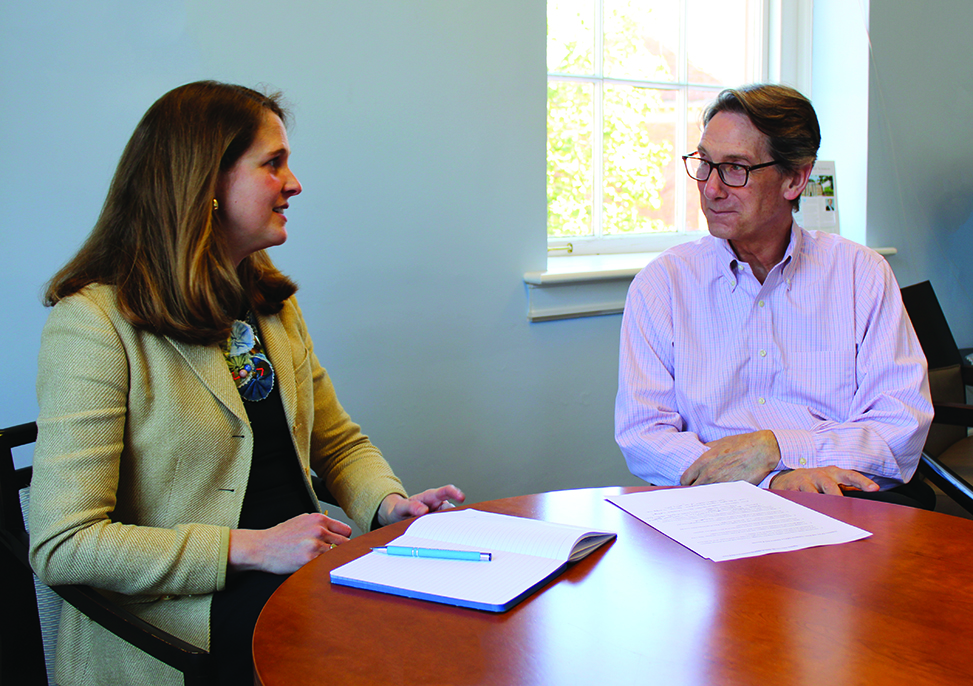
Q: What were some surprises?
White: One surprise for me was the benefit of investing in undergraduate research. We know well that having research experiences are extremely beneficial for our students; we even wrote it into our new IDEAs in Action curriculum as a requirement. But we are seeing how much faculty benefit from having undergraduate students on their research teams. It is both heartwarming and jaw-dropping to see what students are achieving in research at the undergraduate level. They are getting published in scientific journals. They are presenting at conferences.
Q: What new priorities emerged after the campaign’s public launch in 2017? How did the pandemic shape the campaign?
Collins: The Dean’s Signature Initiatives developed over the course of the campaign and included the Chancellor’s Science Scholars Program, the Institute for Convergent Science, the Program for Public Discourse and Southern Futures.
White: One project that I have made a priority since joining the College in July is moving our Center for Student Success to the center of campus in the Undergraduate Library, where its range of support services will be more accessible to students. This includes our very popular Writing and Learning Center, the Summer Bridge Program and Peer Mentoring. Dean Terry Rhodes, my predecessor, began that, but the pandemic paused it.
Collins: In terms of how the pandemic shaped the campaign, it was inspiring to see how our alumni, parents and friends rallied to support us. Remember, there were big questions over the direction of the economy, but our alumni continued to give and recognized the value of investing in Carolina. I also want to recognize the Arts and Sciences Foundation team, which went above and beyond to continue to raise and steward funds for the College.
Q: When we think of raising such a large sum of money, we often focus on the largest gifts. Can you provide a few examples of small gifts that made an impact?
White: The Arts and Sciences fund is made up of mostly small gifts, and those unrestricted dollars are among the most impactful because they allow me to respond to immediate and unexpected needs.
I can also think of gifts to programs like Study Abroad. These were not mega-gifts, but they have tremendous impact. Sometimes a few hundred dollars is all it takes to allow a student to travel to another country, study or conduct research, and have this transformative experience they will remember for the rest of their lives.
Collins: The median gift to the College was $200. Gifts of any amount truly make an impact. It was inspiring to see young alumni and current students giving to the campaign and gifts from members of the community who aren’t alumni but see the value the University adds to the region.
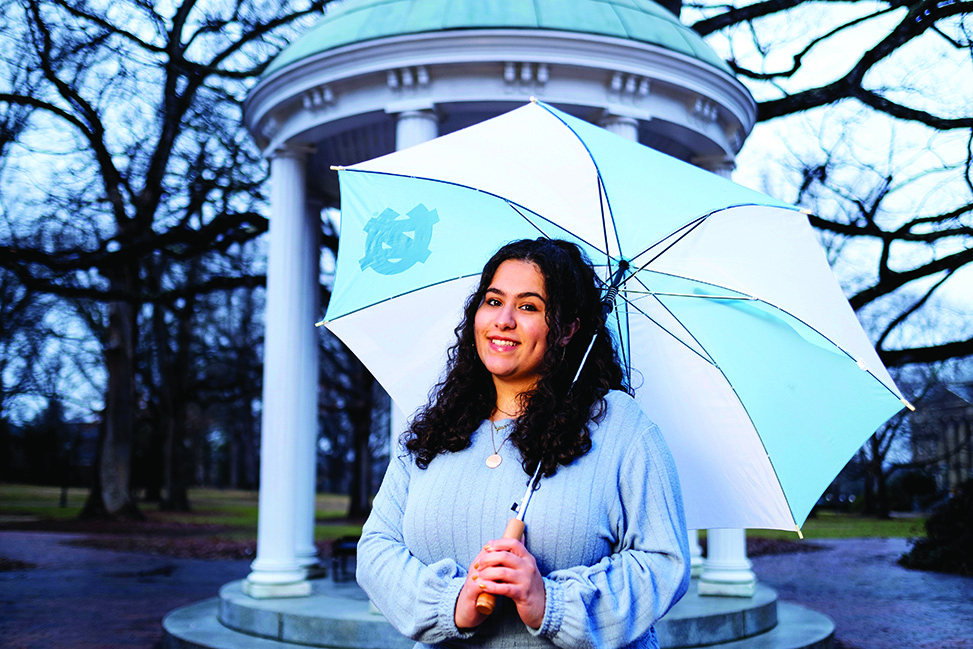
Q: Fundraising campaigns are not just about paying for current needs; they are for funding what’s next. What are your short- and long-term priorities for the College?
White: I’ve already talked about one immediate priority — moving the Center for Student Success into the Undergraduate Library in the heart of campus.
We will continue to look for ways that support our students and our faculty. We are in the process right now of enhancing our academic advising program, changing it to a more holistic model of “thrive advisors” who will assist students throughout their entire four years here. Not just advising on courses and majors but career preparation and much more. We will want to see that grow and continue.
We also need to be thinking of the skill sets our students will need to be successful in their careers and how to teach them. Civil discourse is one example. Data literacy is another.
Another area is faculty. We are a premier university and should be paying premier university salaries — for both our faculty and staff. Since 2016, the number of tenured/tenure-track faculty we have in the College has been declining. Is that the direction we want to be going in? I’d love for us to have a conversation about reengagement of our core research mission.
As the chancellor likes to note, we are an overtly public university, and that should always be top of mind — how can we serve our state and country, how can we best educate the students who are entrusted to us?
Big public universities are not nimble speedboats. We are more like an ocean liner, and it takes time to set or correct a course. We should be planning now for the College of Arts and Sciences that we want to be 10 years from now.
All the things I’ve just talked about are — either directly or indirectly — people-focused. I can’t think of a better investment than to invest in our people.
By Geneva Collins
Read more campaign highlights at college.unc.edu/campaign.
Read more stories about the impact of the campaign:
New director of Jewish studies center brings love of classics to her role
“This experience was the highlight of my college career”
Gifts support expansion of Writing and Learning Center
Southern Futures was a campaign priority. Read this feature story, Southern Voices, Future Leaders.
Published in the Spring 2023 issue | Features
Read More
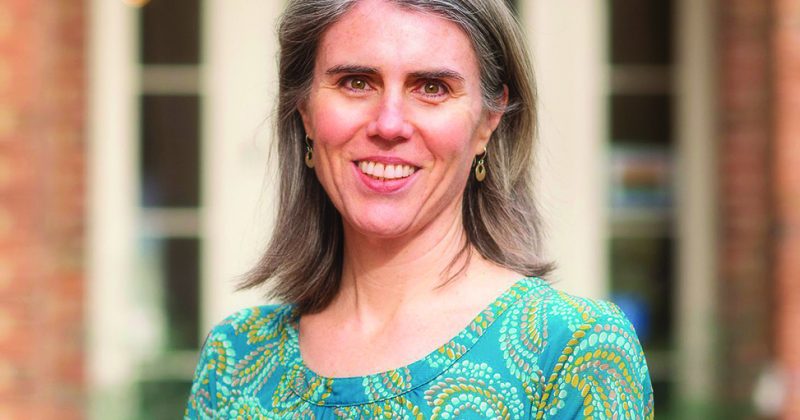
McDonald named senior associate dean
Noreen McDonald was named senior associate dean for social sciences…
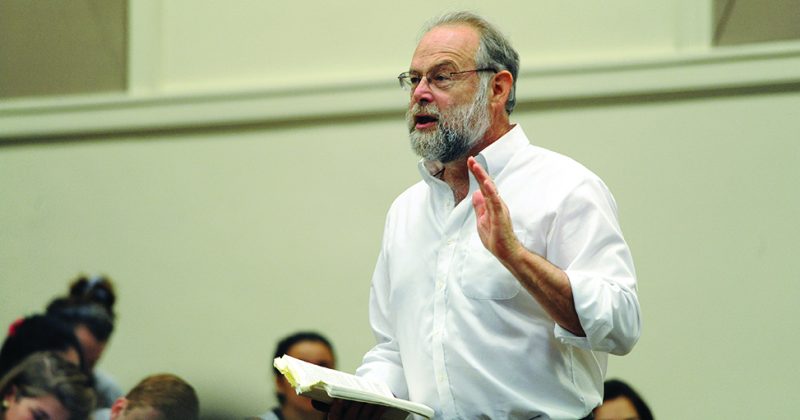
Sayre-McCord receives Thomas Jefferson Award
In their end-of-course comments, Geoffrey Sayre-McCord’s students describe him as…
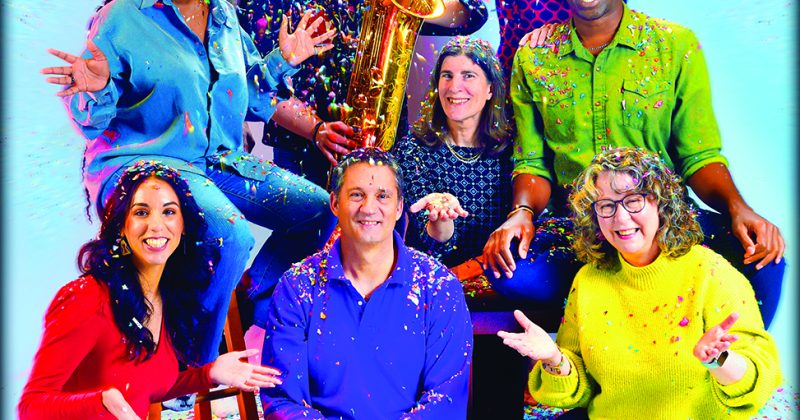
Behind the scenes: The campaign celebration photo shoot
What does it take to make a great magazine cover?…

